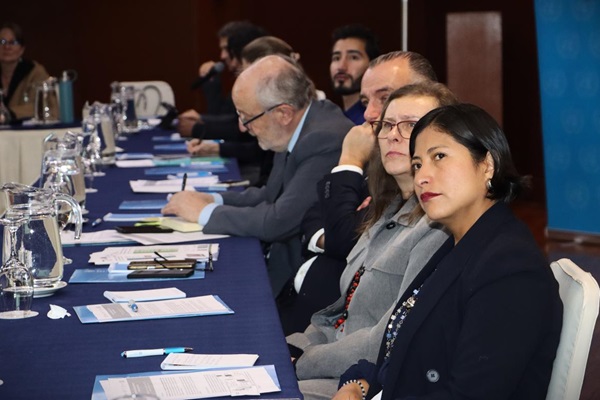PROJECT TITLE | Strengthening Sustainable Food Systems in the Bolivian Amazon to Live Well in Harmony with Mother Earth |
| Context | Bolivia’s 2030 vision included in the National Pathways is twofold: reforming the food systems based on the agroindustry and supporting those based on traditional agriculture. A very important focus for the country is to recognize the urgency to rescue the cultural knowledge and the traditional and ancestral practices due to their value and the fact that they still provide nutritious and sustainable food and livelihoods to many. The country’s food systems governance directly falls under an interministerial committee is pursuing the implementation of the Pathway and a multilevel Council for Food and Nutrition has been promoting the incorporation of right to food across all development plans, as it has been integrated in the constitution already. |
| PUNOs | FAO, IFAD, WFP, ILO |
| Contribution to SDGs | 1.2, 1.5, 2.1, 2.3, 5.4, 8.3, 8.8, 13.2 |
| Contribution to other SDG transitions | Decent Jobs & Social Protection; Climate, Biodiversity & Pollution |
| Duration | February 2025 - February 2027 |
| Expected financial leverage | $23 million |
| Alignment with SG Call to Action | Improved governance, private sector engagement, and inclusive food systems |
| Outcomes |
|
| Partners | Co-chaired by the Ministry of Foreign Affairs |
| Outputs |
|
Related News

Strategic Meeting Strengthens Alliances for the AMAS-1 Joint Programme in the Bolivian Amazon
15/05/2025
In a strategic meeting, representatives of the United Nations in Bolivia, along with ambassadors and delegates from donor countries, international cooperation...







